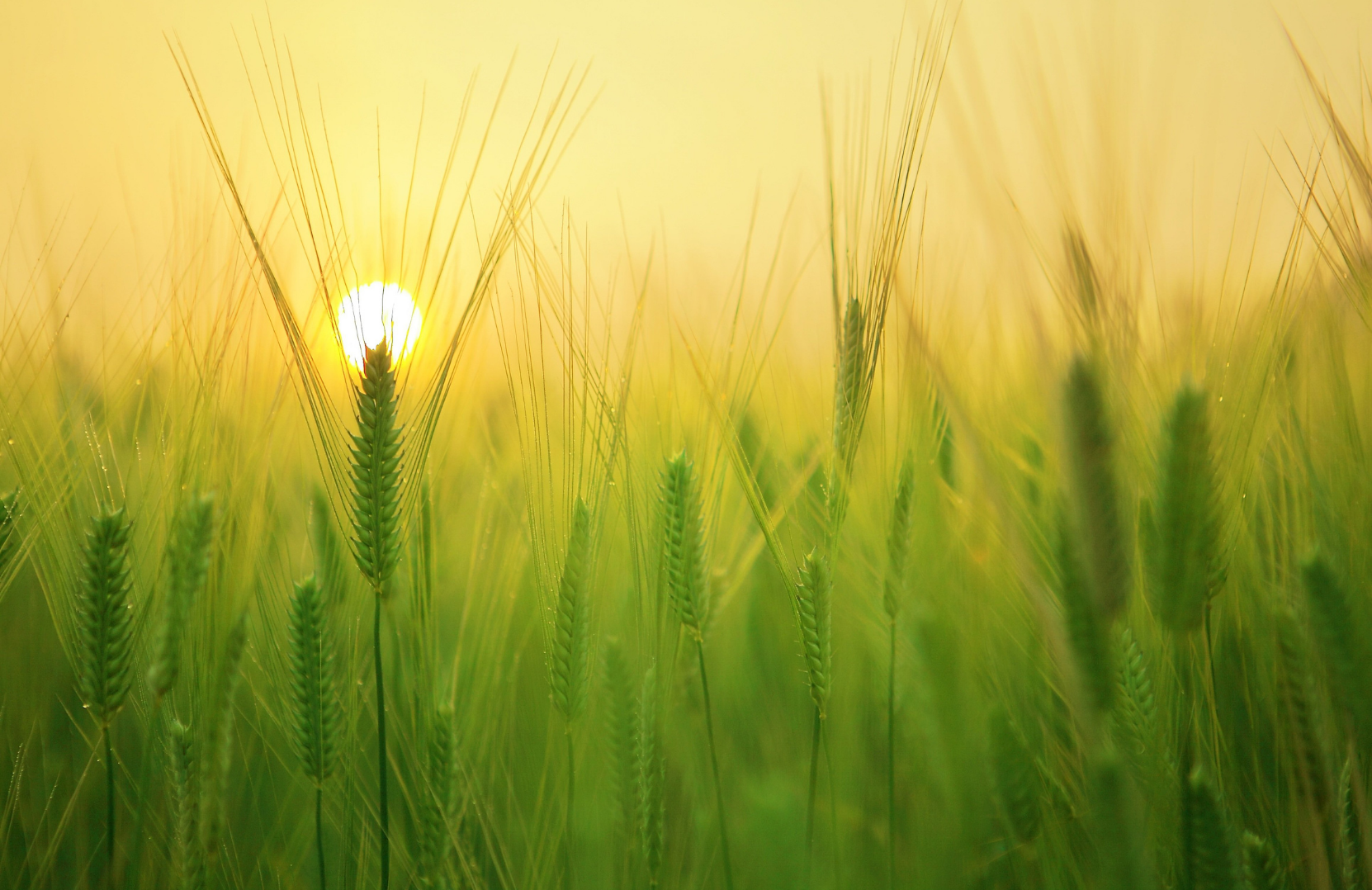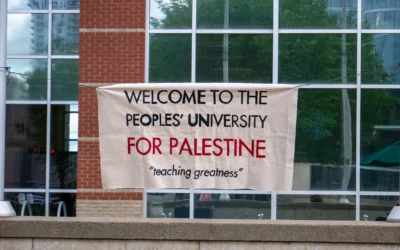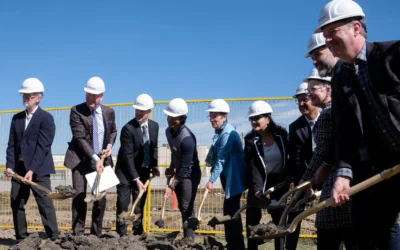Land acknowledgements are a continuous debate in Canada. Are they good? Do they bring about change and recognition to the Indigenous people? Do they help recognize the hardships and struggles Indigenous people have been through? There are many perspectives concerning land acknowledgements. I spoke with Cheryl Whiskeyjack, the executive director of Bent Arrow Traditional Healing Society in Edmonton, concerning the impact of land acknowledgements and her perspective on their positive features. She had many good things to say about land acknowledgments and the path to reconciliation.
Change is a slow process, and it can feel strange to move from the past to the ideal future. Whiskeyjack stated that “even though you believe in the value and intent behind (land acknowledgements), it doesn’t feel natural.” Land acknowledgements began as a method to recognize Indigenous struggles and bring awareness to different nations whose lands have been occupied throughout Canada. Whiskeyjack said that in land acknowledgements, it is important to acknowledge what the land provides as well as the people who made space for settlers. It is also important that these acknowledgements come from the heart rather than simply repeating a forced script because of policy. These acknowledgements can be awkward, but Whiskeyjack stated that “you want your spirit to catch up to the words you’re saying.” Repetition of land acknowledgements is important. It draws attention to them and makes them a common practice. When this happens, other changes can come about.
Whiskeyjack stated that “we the people are the government” and that “we can dictate the way things go.” This statement implies that change starts with the people rather than the government. With an elected body, the people get to choose who will speak for them and what issues their platforms address, impacting both land acknowledgements and the changes that could happen later on. With these acknowledgements, believing that people incite change rather than the government is a critical point of view. It makes us think about our personal efforts towards change, forcing people to recognize their faults and benefits within the community as a whole, and causing people to take action. By separating these acknowledgements from laws, they become inclusive to the people and the impact of their behaviour, taking away the detachedness that can be felt when policies are put in place.
Land acknowledgements have “the potential to start (change),” says Whiskeyjack, even though they do not directly cause change with the past and current struggles of Indigenous peoples. The naming of nations, for example, can cause an interest in the histories that have invoked these acknowledgements. By asking questions about acknowledgements, it draws more questions and attention to how we can bring about change and what we can do to recognize the impacts brought about by these acknowledgements.
Whiskeyjack stated that “the next steps are taking steps.” This involves a “commitment to learning, (and) a commitment to moving forward.” These steps can be different for everyone as each person will move at their own pace to bring about change.
It is important to recognize the Indigenous struggles when we think about land acknowledgments. They are not hollow words without meaning, but rather they carry the weight of history. In remembering the struggles of the past, we are taking a step towards change and a better future. We are putting in effort to create a future of equality within Canada through the use of land acknowledgements, and that is a very important first step.





0 Comments